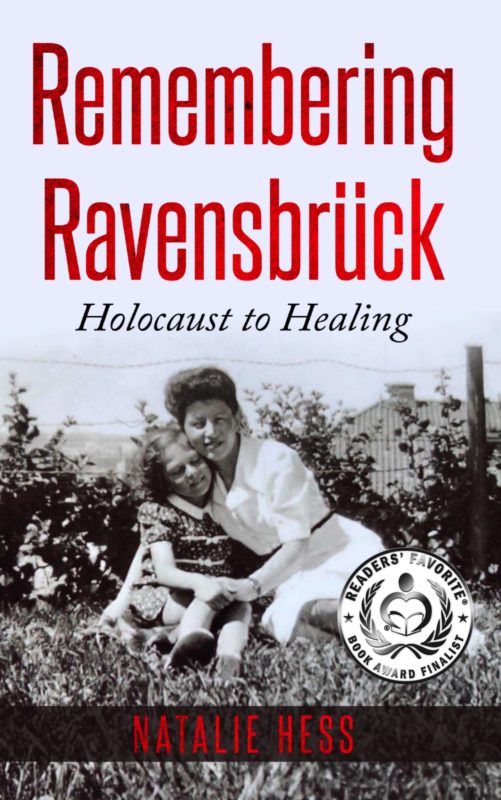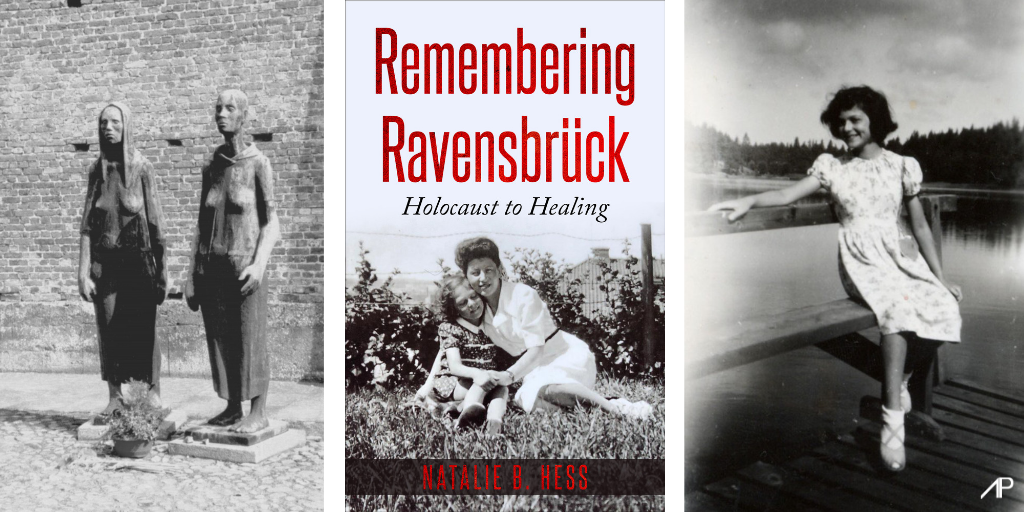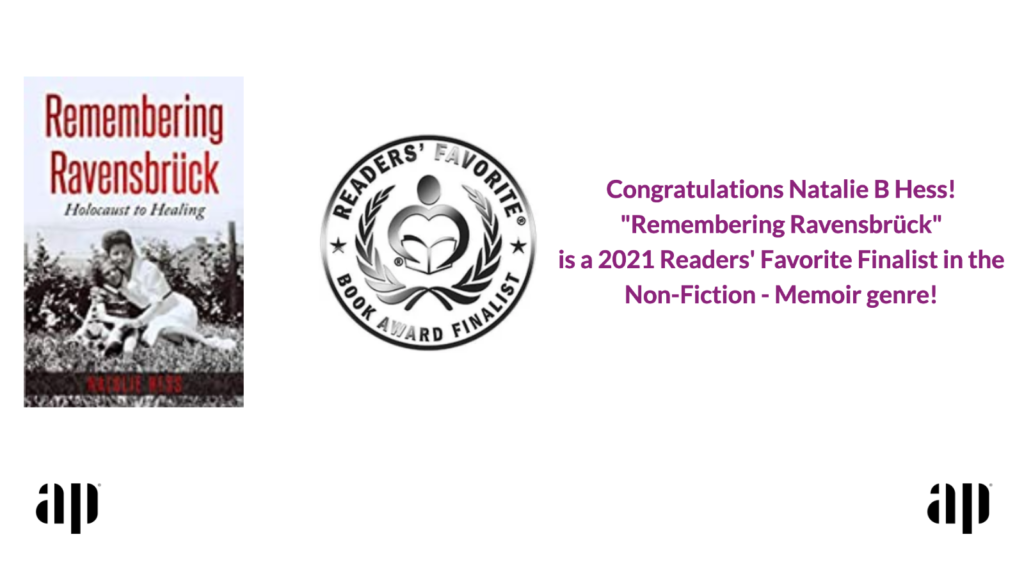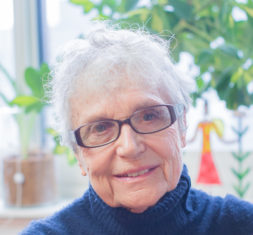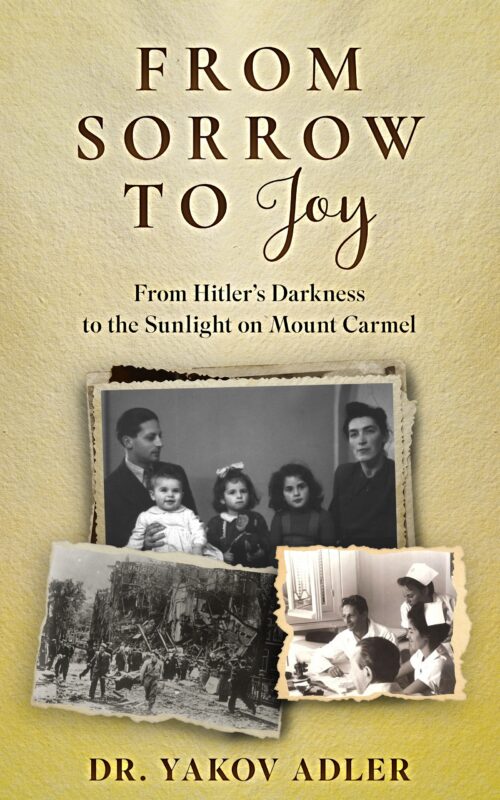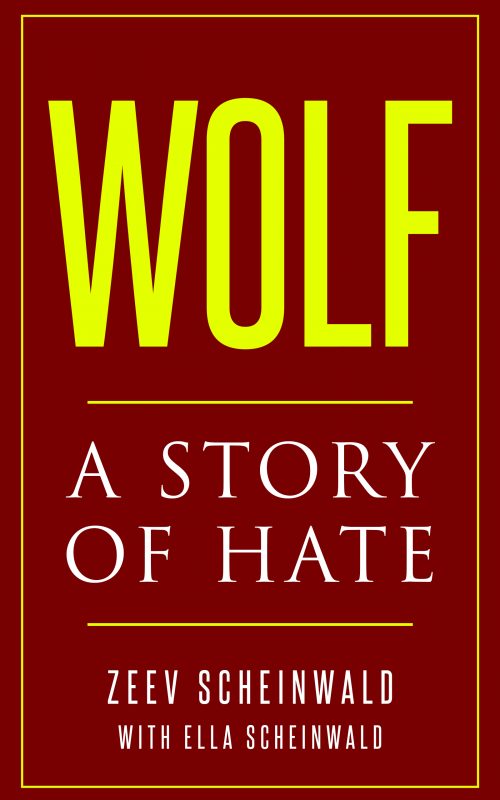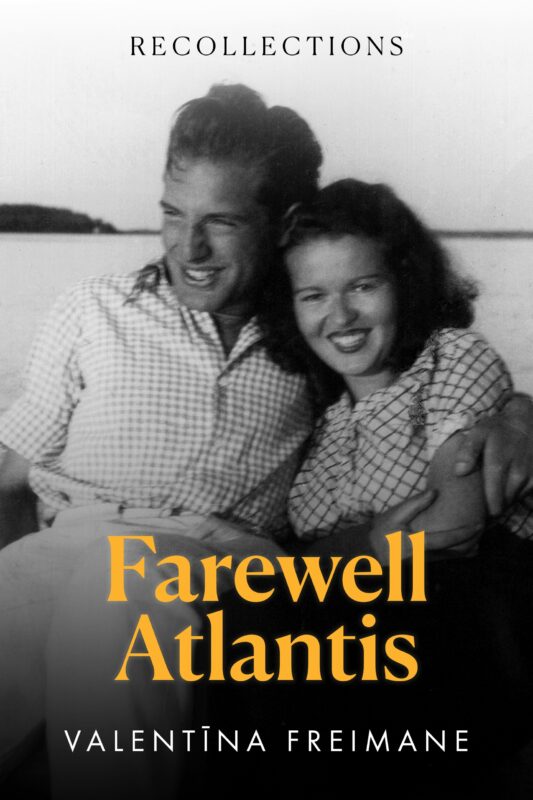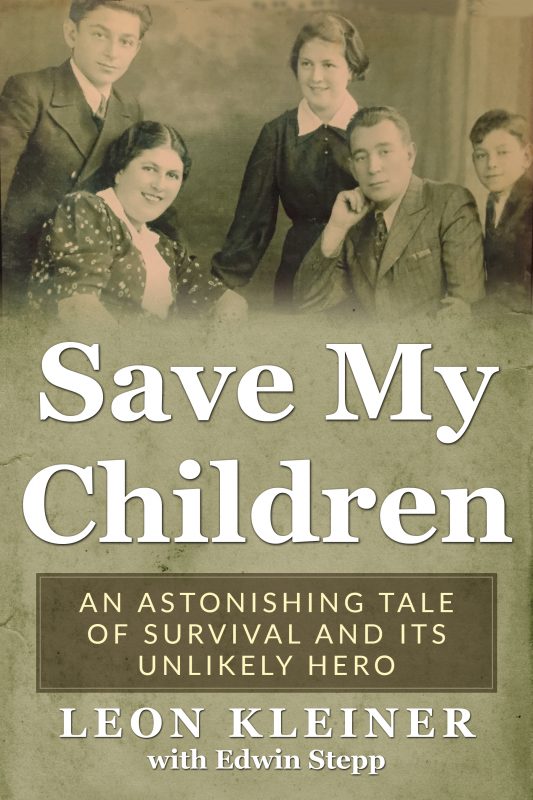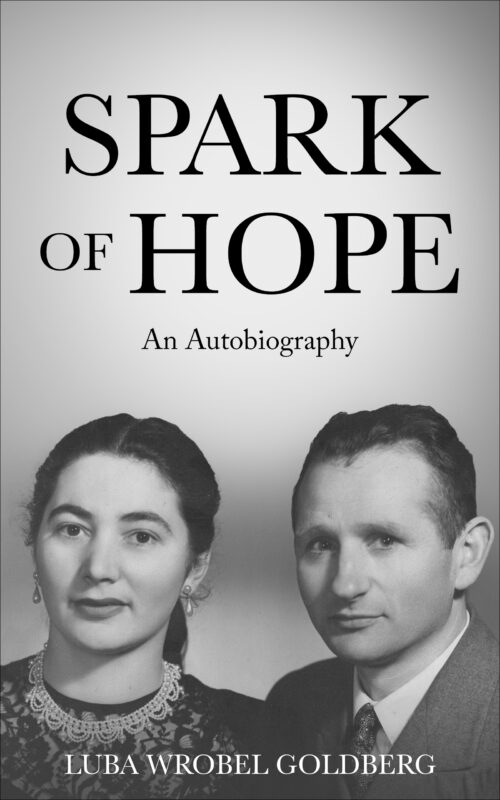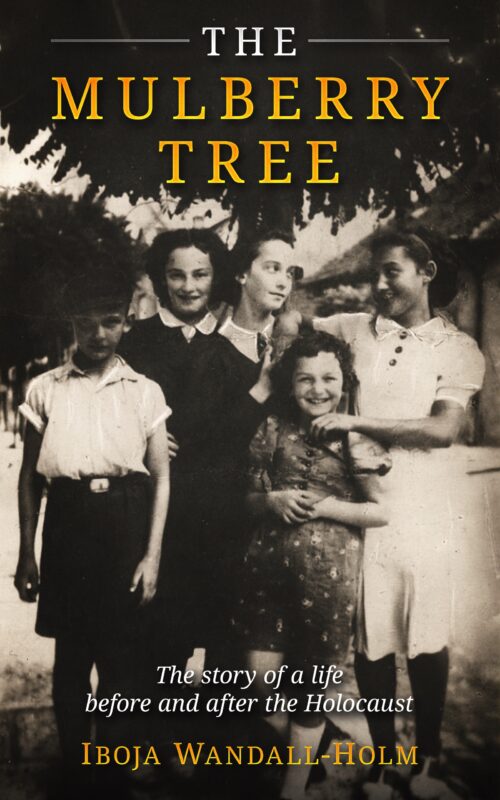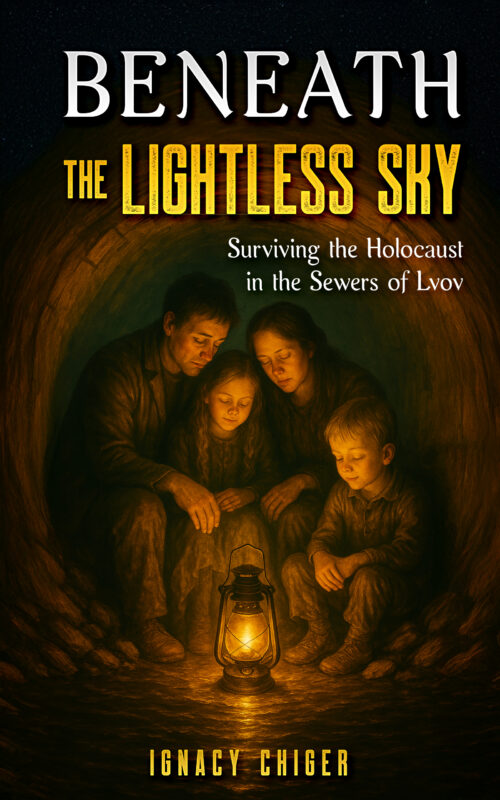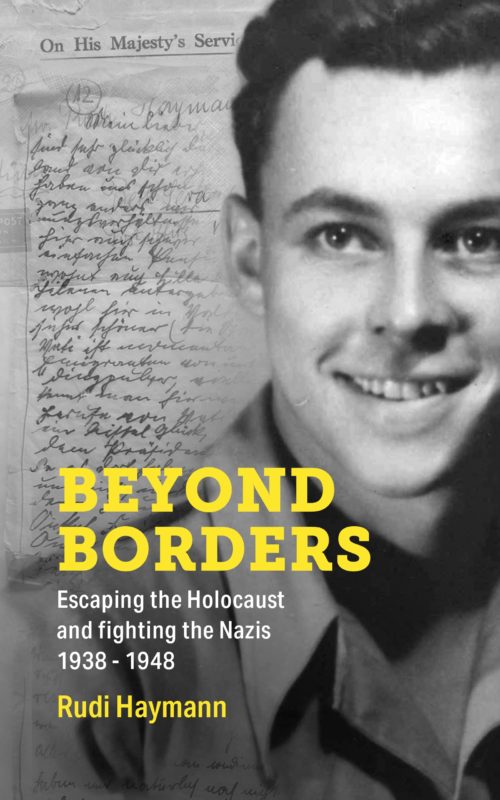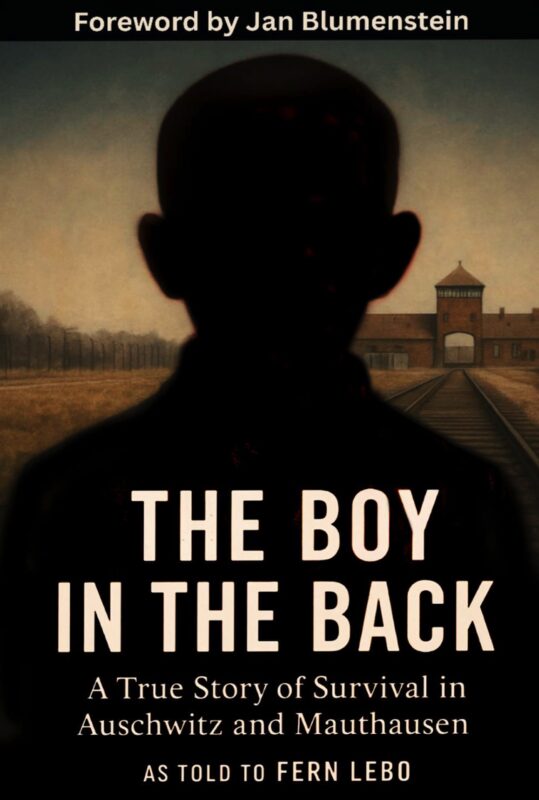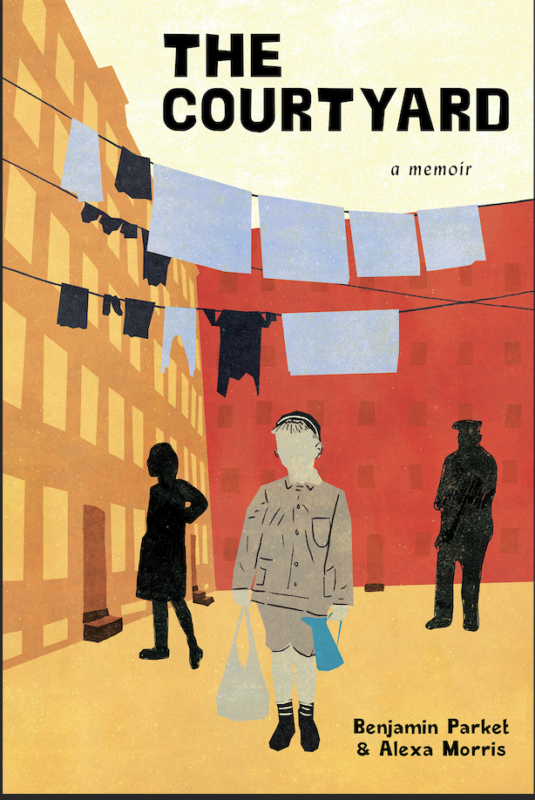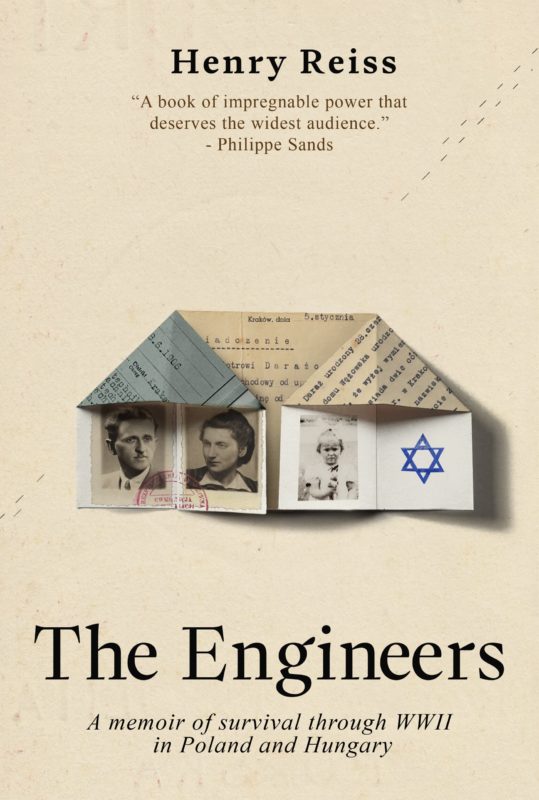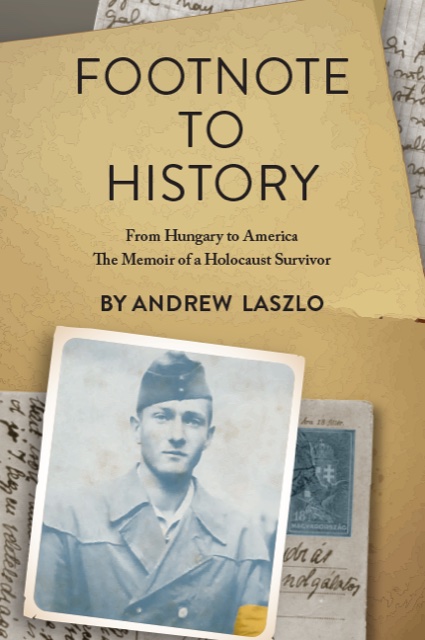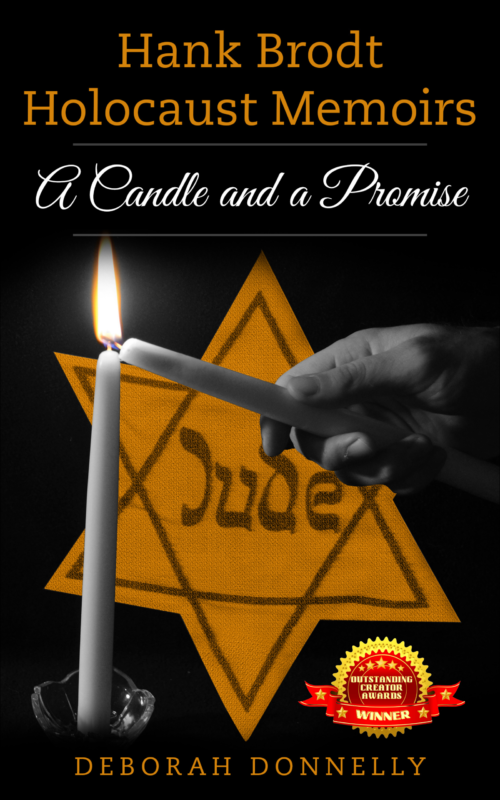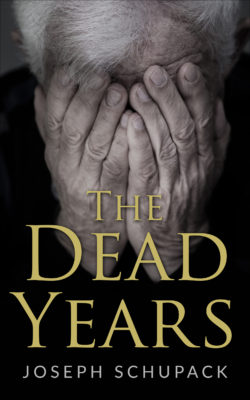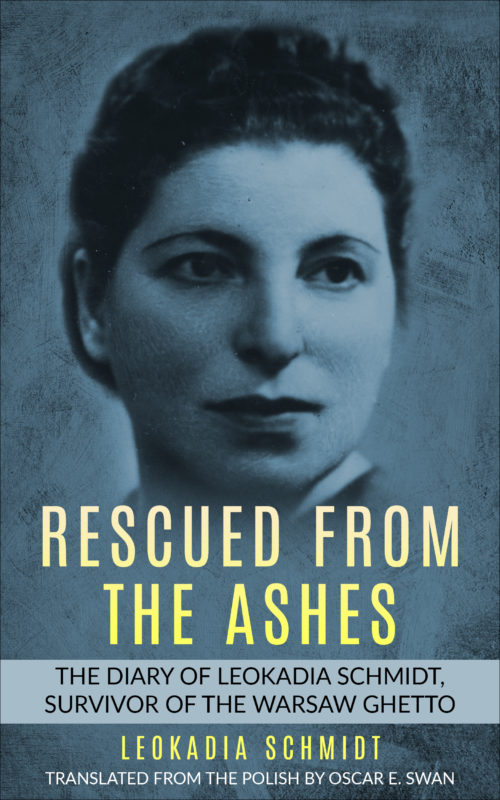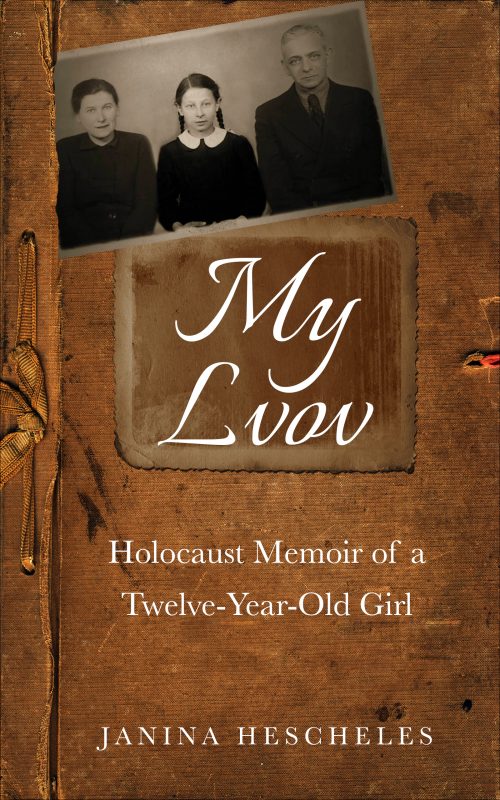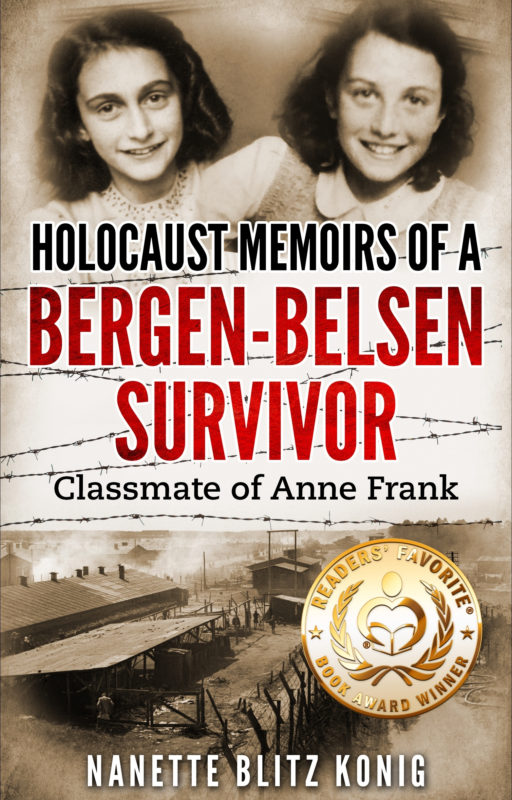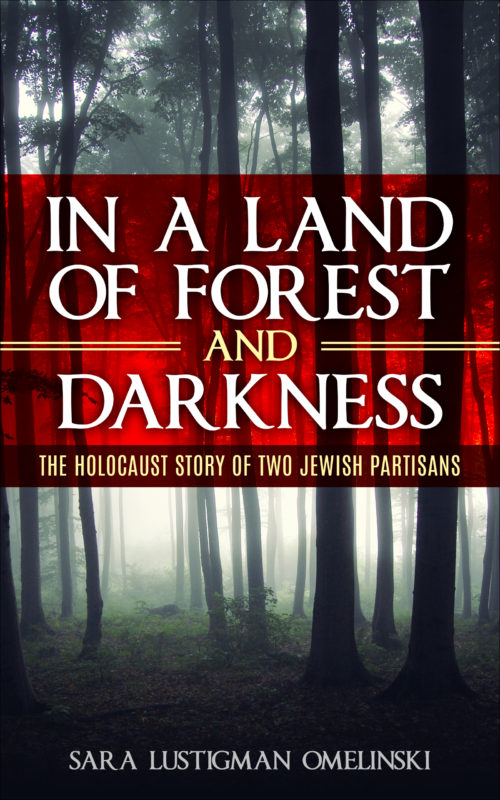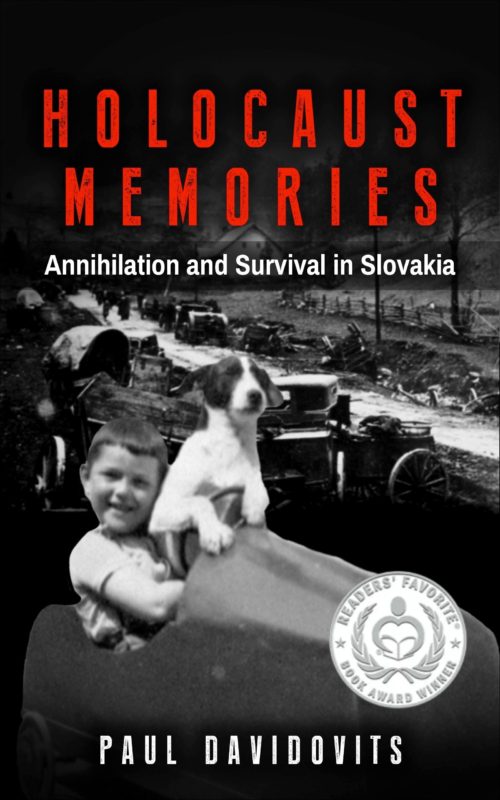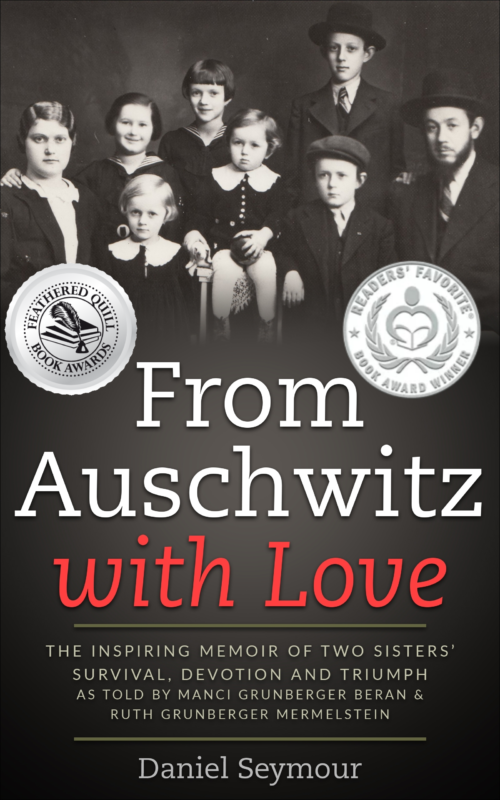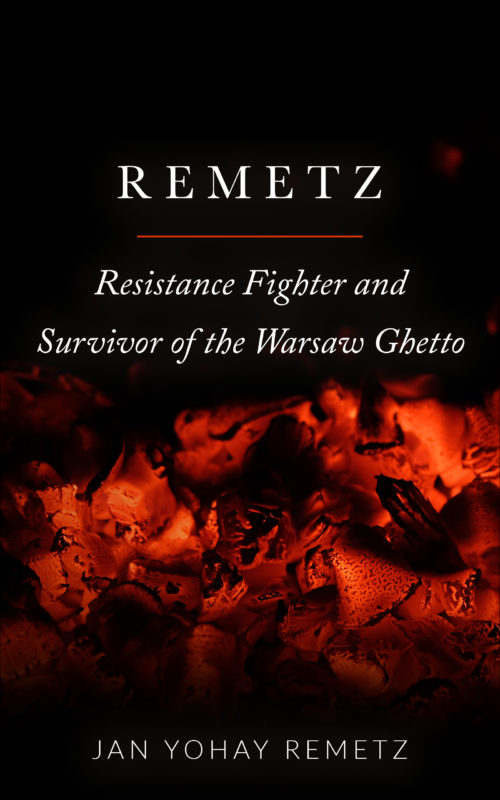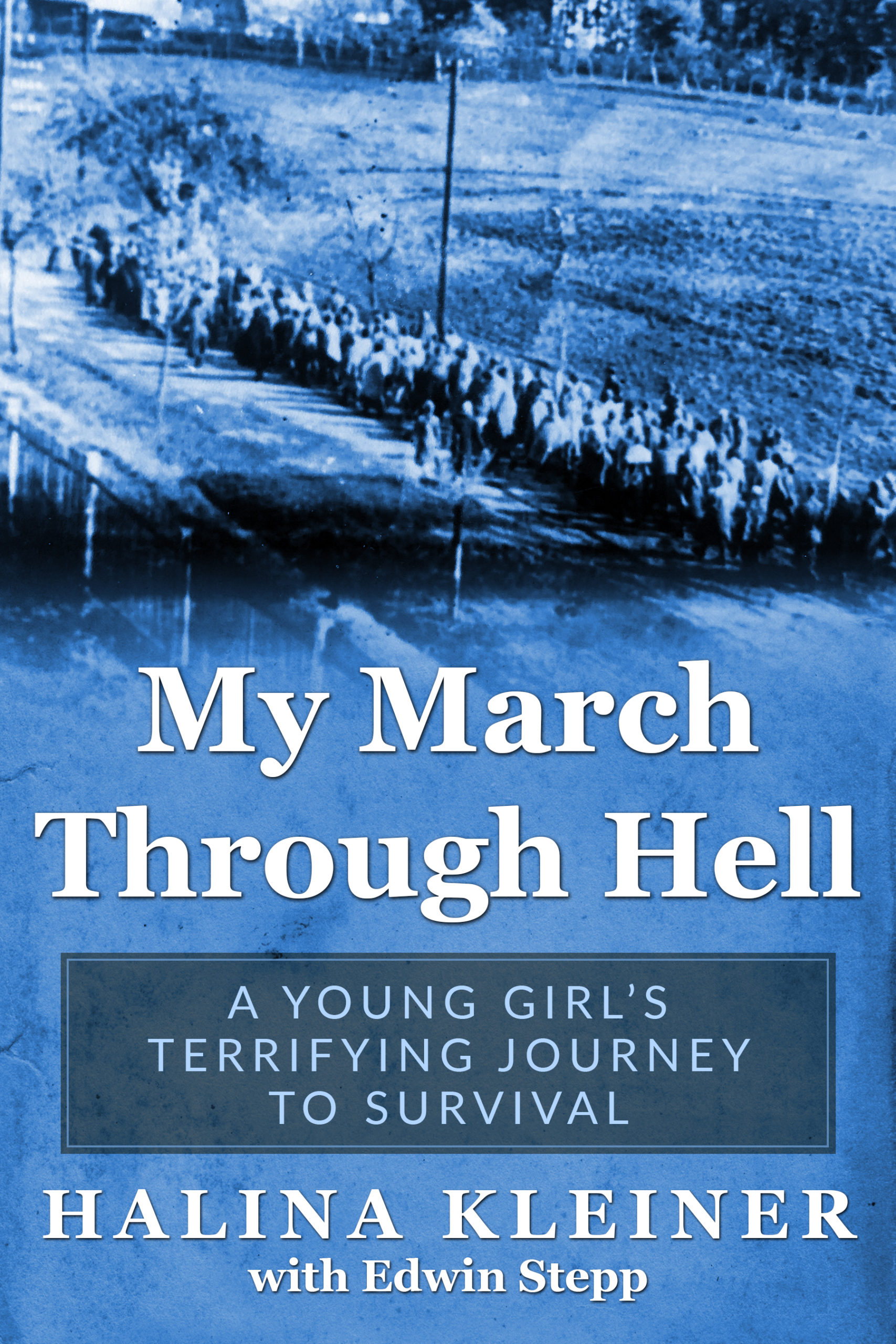On Holocaust Memorial Day it is fitting to feature a memoir of someone who survived the atrocities and went on to make a life for themselves, and so, today I am honoured to share a review of Remembering Ravensbrück: From Holocaust to Healing by Natalie B. Hess.
From the very opening pages of this memoir, I felt a great connection with Natalie, the things she saw and how she interpreted them felt somewhat natural. And the stark reminder that everyone has a story inside them is never more true when you meet someone new or even just see someone in their day to day life. Take for instance the woman getting on the bus, does she need help? Does she want help? Is she proud of her independence and fiercely going to defend it? What has happened in her life to that point? Could she perhaps have lived through a war that forced her to rely on wits, courage and strength that she wasn’t aware she had?
Keep those questions at the back of your head as you read on about Natalie B. Hess.
As a six-year-old girl growing up in a well-to-do family, Natalia has been protected by many things, but she has never been short of love and affection. And it is this love that keeps her safe and alive, her parents taking steps to hide her when the Nazis were sending Jews to concentration camps. Seeing the situation through the eyes of a six-year-old makes the events more poignant and powerful. Her fears felt so real, I was reading with a tremor of dread. What was going to happen? Would she be added to the list? Would she be ok?
Moved from the ghetto to a forced-labor camp, and then onto the infamous Ravensbrück, Natalia quickly matures and I felt a great sadness for her losing the sparks of childhood naivety. She like so many her age not being children, not playing or enjoying games but fearing for their lives and existing in a world that knew only cruelty.
After the liberation of Ravensbrück, Natalia’s life takes on the theme of travel and finding a place where she fits. Life in Sweden feels comfortable, she has a safety, a family, school and she feels “Swedish”. But relatives in America have reached out, and soon she is on a ship and bound for the other side of the world, to the land of opportunity.
It is through her steely determination that she proves her education should continue at the level it was, and not have to start back at the beginning.
Losing more of her original identity and her beloved Swedish language, Natalie emerges. Thinking and speaking in English, she finds her place in the world, and follows a path towards qualifications and a career. But something is lacking once she has achieved these goals … everyone around her from training seems to be getting married, Natalie’s great humour and easy-going ways soon have the reader chuckling as she recounts dates.
I found the family’s time in Jerusalem interesting and I certainly took a lot from it, the Six Day War in 1967 was not something I knew much about at all, and so after reading about it in Natalie’s memoir, I wanted to find out more.
But I have to admit that one of the most touching and saddening parts of this memoir was how Natalie coped with the loss of her husband. The details of her thought processes at that time made me stop and think, how she felt so adrift and lost when it came to looking at the mountains of paperwork or the wee things like remembering to pick up the charger for the mobile phone … the things she’d not had to do because there was always someone else that did them. The sense that we form a team with others, and how we rely on them for their presence, comfort and support is often a strong force that can keep us moving on, and to lose it, well that can rip apart the very threads that hold our world together.
There are parts of Natalie’s life that felt so unfair, so hard. But equally, there are parts when happiness and love are so abundant in her life that it felt that things had turned a corner for her. But through it all, she remained the same, strong and courageous. Despite the hardships, the terror she faced, Natalie looked at it with what seems like a level-headed approach. Looking for a way to survive, looking for the next step forward and ultimately coming out of it stronger. Her story is powerful, it’s heartbreaking in places, but above all, there is so much that can be learned from this and I would urge readers to pick this book up.
Learn something from this amazing woman, even if it is just something as simple as asking the old woman in the street if she needs help before assuming she does.
– Kate Noble - The Quiet Knitter
